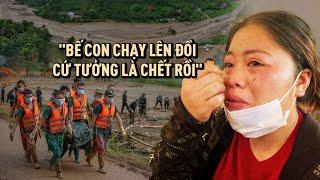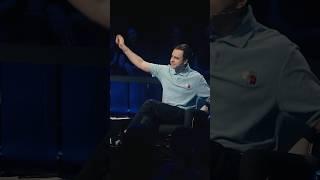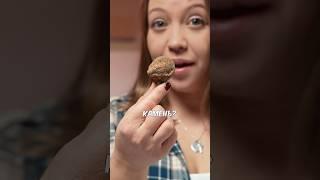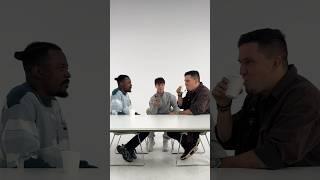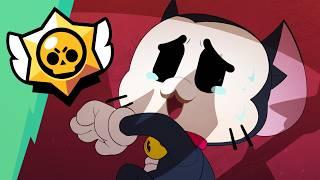
The Anatomy of Sanchin Kata for Goju Ryu
Комментарии:

Thank you sensei!
Ответить
Looking forward to the next installment of Sanchin kata!
Ответить
Hey sensei! I've been following you for a week now, I've being training with your basic videos to get started in karate. I really like goju Ryu and I wish to learn it very well. I'm hoping to see more videos to continue the series of basic blocks and punches. In that video you said it was to learn how to move instead of learning how to fight, and that's good I really appreciate the videos I hope to learn more from you!
Regards from Peru!

Great one Sensei
Ответить
Hey sensei I really like your videos and its ilan
Ответить
Bravo!!! Great video very informative. Never knew about the spiraling tension or even about the compression of the ribs. Great video.
Ответить
Love love love.
Ответить
Thank you Sensi. 💖
Ответить
Nice video Chè Sensei. So important that we realise about our anatomical limitations especially when we teach small children. Great to teach them Sanshin and Tensho but also good to keep in mind that they are physical incapable to tighten up as they don't have the muscles yet. Thank you for highlighting these points.
Ответить
This great! Wish there was a similar video for naihanchi .🤔
Ответить
Same here brother , septum deviation 😔😔😔
Ответить
Thank you for sharing ossu
Ответить
very nice explanation
Ответить
A great video! Thank you!!
Ответить
Would it be possible in future videos for you to stand back a few inches? The black background of the English subtitles obscures your feet. Cheers, Terry.
Ответить
Sensei thank you. I found this lesson very informative but also timely corrective for me. Thank you Sensei.
Ответить
Osu
Ответить
Great
Ответить
Excellent! and very detailed explanation thank you, this has joined alot of dots for me 🌟
Subscribed.

Muy buena su enseñanza maestro
Ответить
Hi Sensei,
I have really enjoyed your videos so far and have since been considering finding a local Goju Ryu dojo. I am, however, wondering if you can demonstrate defenses crosses or haymakers (leg corresponding to the punching arm of Uke is set back). Only in Karate videos have I ever seen someone punch while stepping forward, which obviously makes manipulation of the attacker via his/her arm a lot easier. In the real fights I've seen, either someone throws a jab (foot already in place) or a cross or haymaker (rear foot stays back). This is stopping me from wanting to commit to training in Karate because the step-forward-while-punching doesn't seem very common to me in real life situations. Anyway, I sincerely mean no disrespect whatsoever; I am just curious.

I appreciated this video about the feet, knees and ribs. Very important.
Ответить
👍👍
Ответить
Nice
Ответить
Thanks for sharing much appreciated 🙏
Ответить
Finally, it makes sense to me why my shotokan sensei, unlike others, was telling that the front zenkutsu dachi foot should be angled pointing inwards: Basically, with your anatomical explanation of why the outside of the foot should be aligned parallel to allow a straight forward knee movement while from front the front foot looks like inward facing, yet of course the foot angle I was taught was bigger and anatomically, structurally and stability wise was not the best for forward movement like e.g. for a mae geri, but with the understanding of your sanchin dachi suddenly the front leg becomes an effective and efficient "lever" moving forward easily in just 2 dimensions without any side wise torsions and without need for foot repositioning, which makes it automatically more stable, faster, less telegraphed and stronger. Thank you very much for your excellent detailed explanations that share your senseis' teachings and your valuable insights and deep understanding that hence allow others' deep cross understanding of other not directly related things on our path of continuous improvement. Regards from Chile from a shotokan converted to goju ryu practitioner.
Ответить
Once we have finished our Sanchin series, which kata would you like us to do next?
Ответить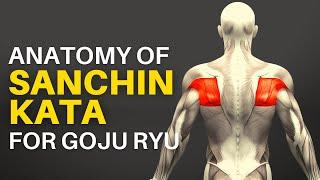







![Байбик Евгений | RUSSIA RESPECT SHOWCASE 2017 [OFFICIAL 4K] Байбик Евгений | RUSSIA RESPECT SHOWCASE 2017 [OFFICIAL 4K]](https://ruvideo.cc/img/upload/RV9NRkxLcFBNbGk.jpg)
